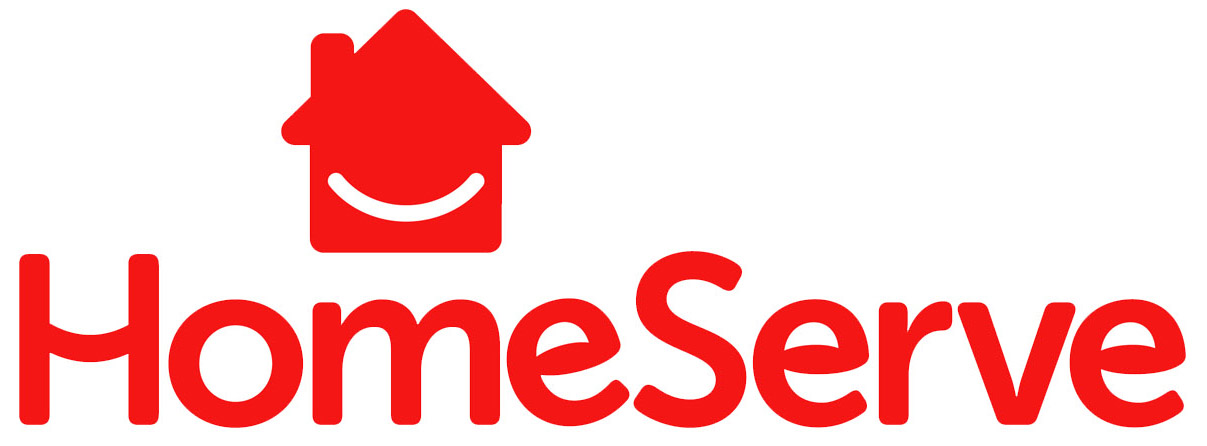With the energy industry in the midst of an evolution, utilities are more clearly understanding the need for transformation from a role of commodity supplier to “ratepayers” to a trusted advisor on a range of energy issues to a more and more sophisticated and demanding population of energy consumers. Utility regulators must also adapt to keep up with these new developments.

So what needs to change on the side of the regulators of utilities? Public utility commissions are now contending with a range of new realities and challenges from renewables becoming more affordable to a growing need for electric vehicle charging infrastructure and utility business model reforms. We sat down with Glen Thomas, President of GT Power Group and former Chairman of the Pennsylvania Public Utility Commission, to discuss his perspective as a regulator on the changes throughout the industry.
How has the retail energy landscape changed over the past ten years?
Utilities are slowly waking up to the fact that consumers have options and those options increasingly include not getting their service from their utilities. Phone utilities learned this lesson the hard way and energy utilities are increasingly trying to avoid similar mistakes. Technology does not stop advancing and consumers are always in the driver’s seat. For example, as Millennials are making up a greater percentage of the utility consumer base each year, utilities are increasingly looking to enhance features that are of importance to this group such as digital experiences and environment-friendly products and services. Utilities have to recognize these realities and adapt. Fortunately, many utilities are – albeit at their own pace.
How can utilities solidify their consumer relationships in the face of changes such as deregulation and competition from a number of non-traditional players?
The utility brand needs to be a trusted brand. That starts with strong consumer relations. Having consumers associate the utility name with good things such as reliability, friendly employees, a community presence, easy-to-understand bills, value-added services and helpful communications to assist consumers in their daily lives. Utilities are taking more customer-centric approaches that create value for the consumer and make the experience more personalized. Consumers should not be taken for granted, but rather cherished and treated with respect. Consumers who feel like their utility cares for them will be unlikely to seek other options. It really is fairly straight forward in concept, but challenging in execution – especially for utilities that are not used to thinking that way.
Do regulators recognize that the utilities they regulate need to change in the face of changing consumer expectations?

Fortunately, yes. There are many examples that come to mind such as Ohio’s Power Forward Initiative or New York’s Reforming the Energy Vision in which regulators are taking a couple of steps back from the day-to-day decisions that they make to ask the broad questions about where things are going and how best to get there. The traditional utility model was a fairly linear one – convince regulators that expenditures are prudent and acquire a rate of return on rate base. Now, regulators need to be convinced that this utility reinvention movement is real and necessary and may require non-traditional thinking and approvals from regulators. Regulators may need to go beyond their traditional comfort zones in order to find the best solutions for their regulated utilities and the residents they serve. The NARUC Summer Meeting in Indianapolis this week is exploring many of these issues showing that regulators are open to the conversation even if they may find challenges in the implementation.
Can regulators and utilities be effective partners in this quest to redefine the role of the utility? I do not think either regulators or utilities have much of a choice. In my mind, they have to be partners. Regulators are rightly concerned about the financial viability of the utilities they regulate and inherently understand that if the utility loses its consumers to other options, the pool of resources available to pay for the utility’s infrastructure shrinks. The shrinking consumer base puts greater burdens on those who remain on the system and more likely than not will increase the proportionate share of those with the least ability to pay. Regulators want to avoid this utility “death spiral” just as much as the utilities do. So, regulators have every incentive to be that willing partner to help the utility meet the needs of its modern consumer.
So what does that mean to regulators?
It means stepping outside of your comfort zone and being open to new ideas. It means looking at non-traditional approaches to improving the relationship between the consumer and the utility not with an auditor’s skepticism but with a visionary’s creativity. The advance of technology and the evolving nature of consumer expectations should be viewed as an opportunity, not an obstacle. Generations of ratepayers have invested in utility infrastructure that can be embraced as the foundation for further improvements. It’s incumbent upon both the regulator and the regulated to guide that investment to a place where it can continue to provide value for consumers.

